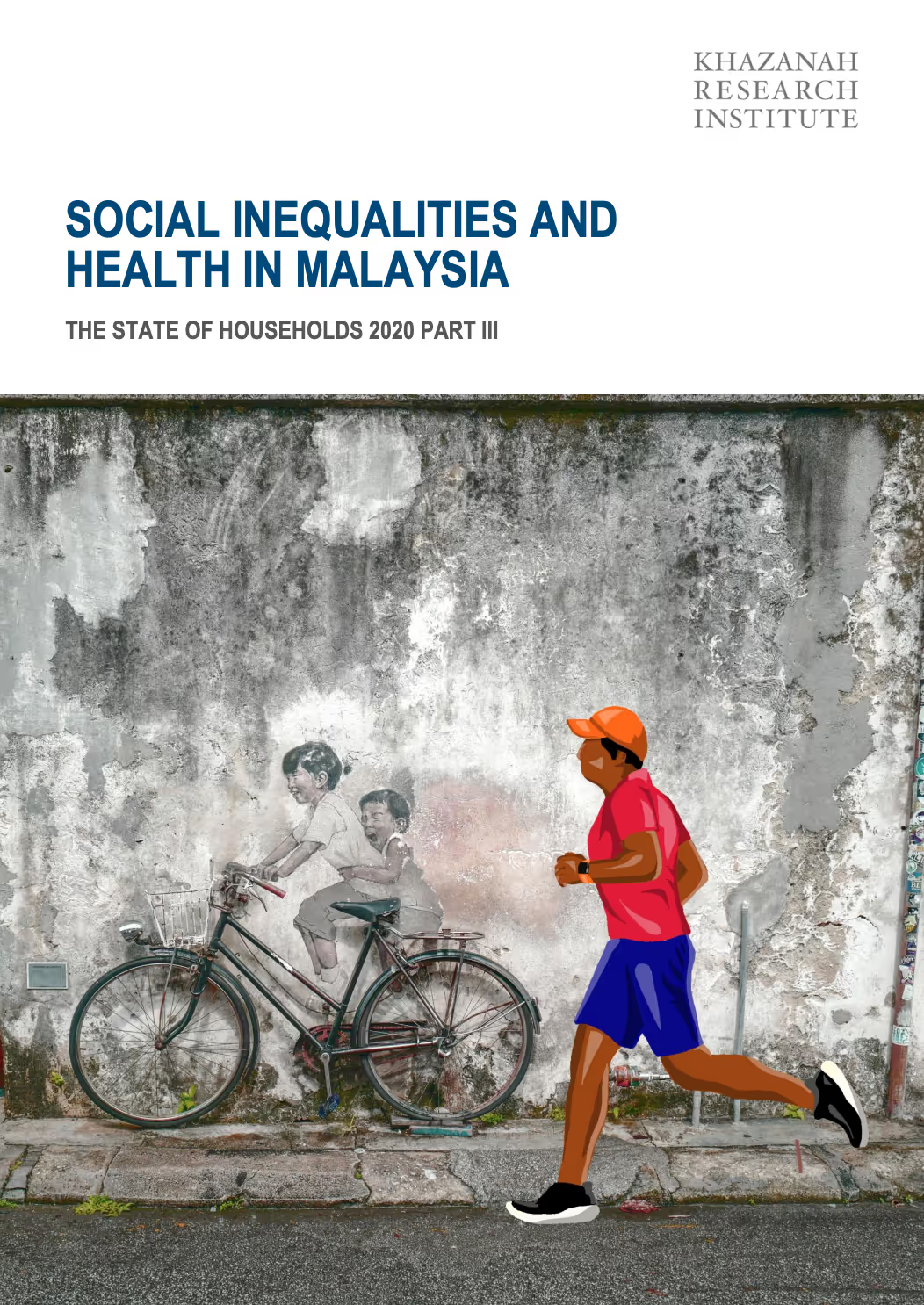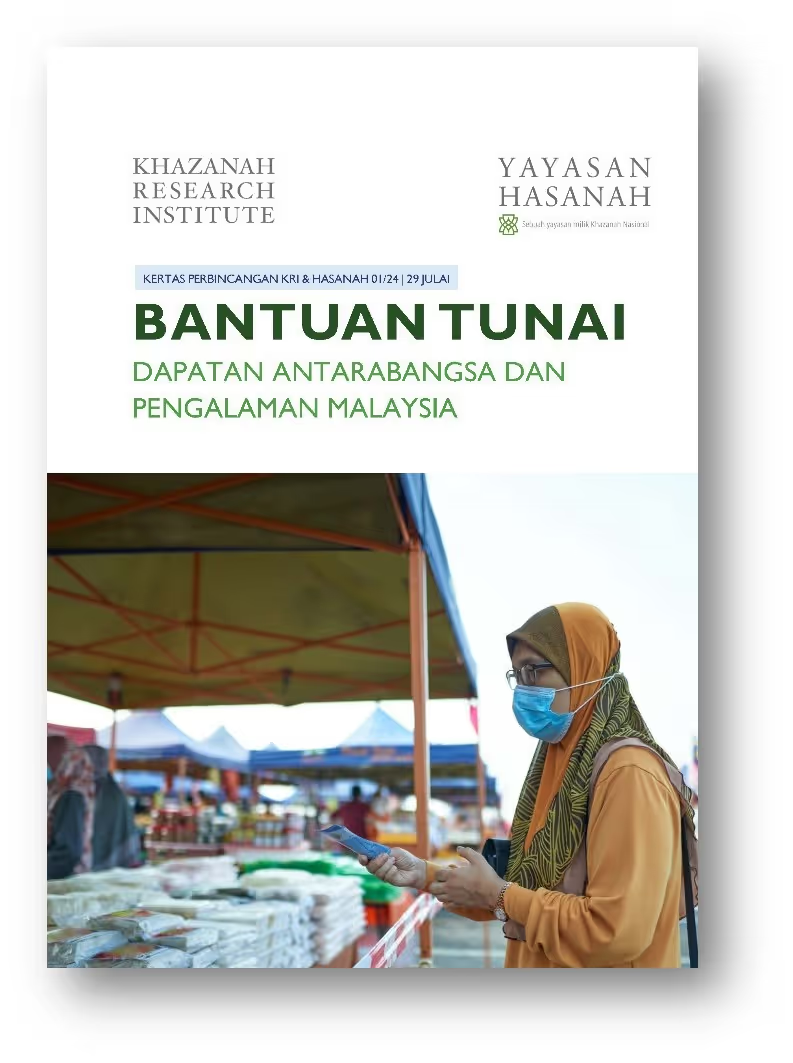
Malaysia’s overall health has experienced laudable improvements over the last decades, but the gains in health outcomes are unevenly spread across the population. Social Inequalities and Health in Malaysia, Part III and the final instalment of The State of Households 2020, looks beyond the question of healthcare. Instead, it focuses on the social factors that may affect the health outcomes of Malaysians. These health outcomes are due to a mix of factors including income and working environments. When these determinants are unevenly distributed in society, this contributes to health inequalities within the population. Thus, public policies play an important role to reduce these health inequalities.
Thus, to improve health for all and eliminate health gaps, policies must go beyond addressing the determinants that directly affect health, and place greater importance on the social mechanisms underlying the inequitable distribution of health.















